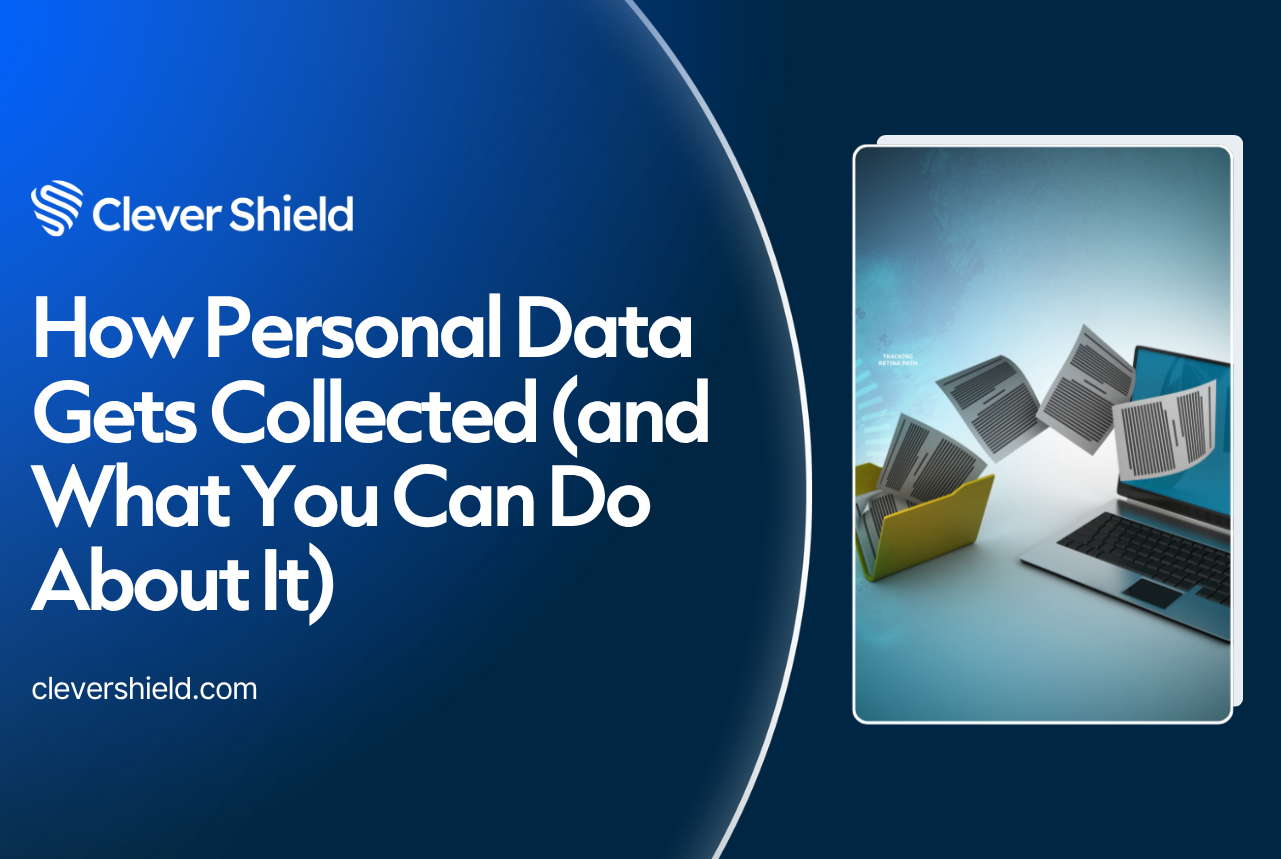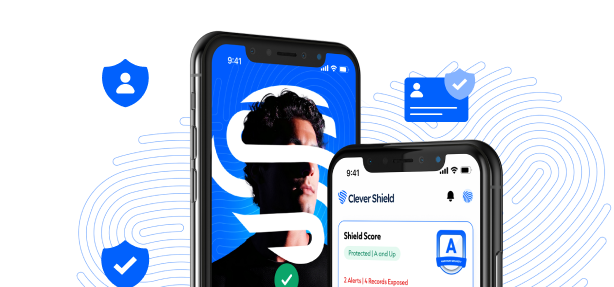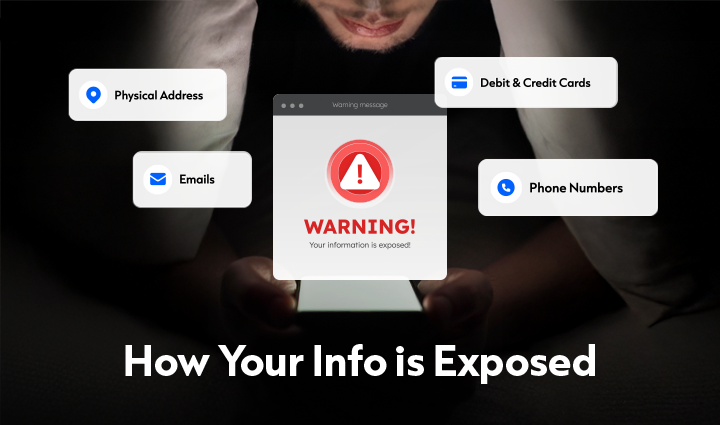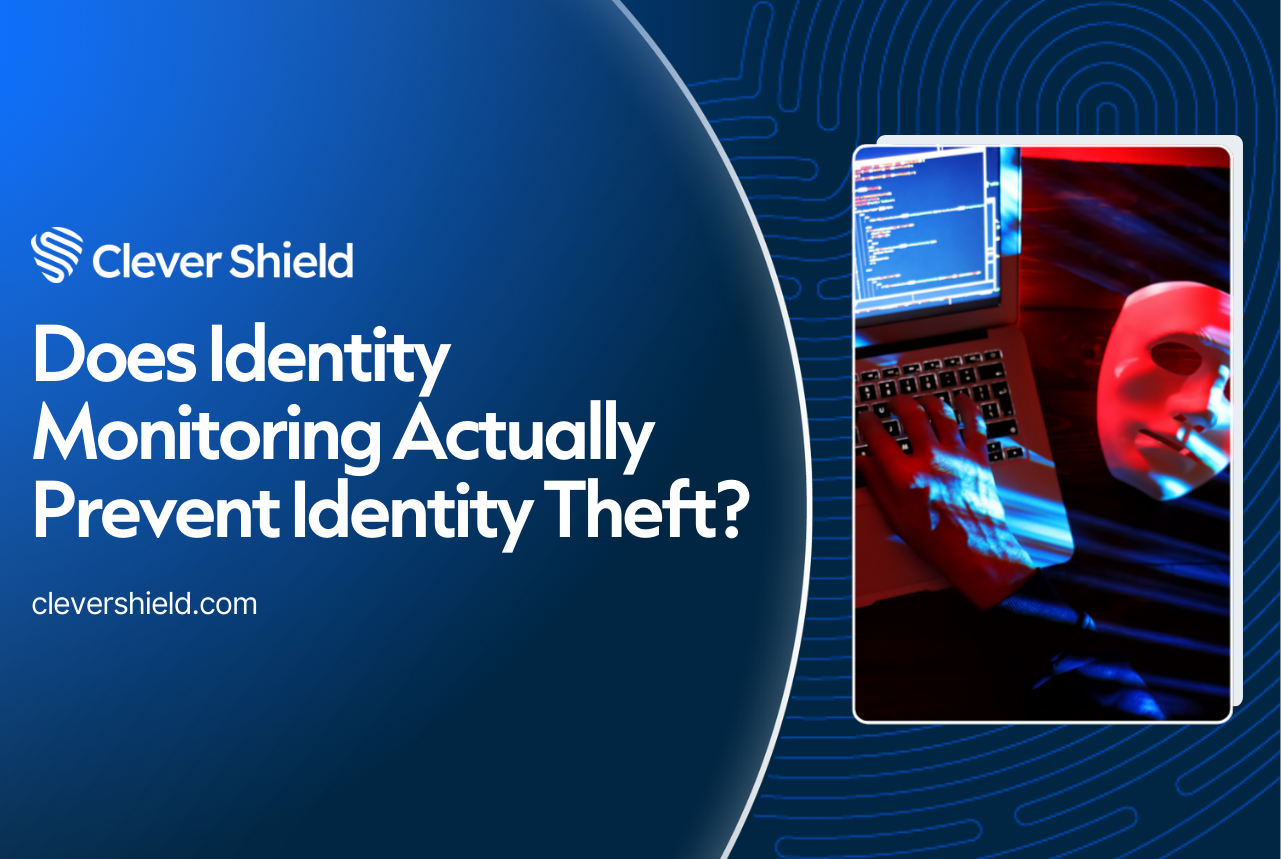Most people imagine “data breaches” when they think about privacy risks. But here’s the uncomfortable truth:
your personal information doesn’t just leak — it gets collected, sold, and recycled every single day.
From apps to online forms, from public databases to social media posts, the modern internet is a massive engine built to capture who you are, what you do, and what you might buy next.
In this article, we’ll uncover how that collection happens, who profits from it, and — most importantly — what you can do to stop it.
1. Your Data Doesn’t Leak. It’s Collected on Purpose.
There’s a myth that most privacy risks come from hackers or massive data breaches.
In reality, the most consistent data exposure comes from legitimate businesses that track your activity in exchange for free access, discounts, or convenience.
Every “Accept Cookies” button, every free mobile app, every digital form you fill out — it all contributes to a growing file with your name on it.
Companies call it “data-driven marketing.” But what they’re really building is a detailed behavioral profile that includes:
- Your location and IP address
- Browsing habits and purchase history
- Income range and interests
- Health indicators or household data
- Contact details and social media activity
According to CISA, this personal data can be combined and cross-referenced to predict your behavior and influence decisions — from what you buy to which ads you see.
2. How Your Personal Data Gets Collected
There are five main sources behind today’s massive data economy.
Most people interact with all of them daily — often without realizing it.
A. Cookies and Tracking Pixels
Whenever you visit a website, small files called cookies store your browsing preferences. Some cookies are harmless (like remembering your login info), but others — called third-party tracking cookies — follow you across the web.
Ad networks like Meta and Google use these to build advertising profiles that track where you shop, what you read, and how long you linger on a product page.
Over time, these cookies form a map of your online behavior, connecting your digital footprint across multiple platforms.
Even if you delete them, your browser fingerprint (screen size, device ID, fonts installed, etc.) can still be used to recognize you.
B. Free Apps and Subscriptions
“If you’re not paying for the product, you are the product.”
That phrase became famous for a reason.
Many free apps — especially social media, games, and fitness trackers — collect personal data far beyond what’s needed for their functionality.
They access your contacts, photos, location, and even microphone data, often to feed advertising networks or data resellers.
For example, a free weather app might sell your GPS coordinates to marketers.
A quiz app could share your answers (and email) with analytics firms.
And these permissions are often buried deep within lengthy Terms of Service agreements few people ever read.
The Federal Trade Commission (FTC) warns that many apps routinely over-collect data and share it with third parties — even when users believe they’ve opted out.
C. Public Records and Government Databases
Not all data collection happens online.
A surprising amount of your personal information is available through public records — like property ownership, marriage licenses, or voter registrations.
While these are intended for transparency, data brokers scrape and republish them at scale, making it easy for anyone to find your name, address, or relatives with a simple search.
Sites like Whitepages or TruePeopleSearch aggregate these sources into searchable directories that are often exploited by scammers and identity thieves.
D. Social Media and Online Sharing
Every post, tag, and like reveals more than you think.
When you share your birthday, vacation photos, or job history, you’re also feeding algorithms that build a psychological and demographic profile.
Even private accounts aren’t immune — data brokers can purchase “anonymized” datasets from social media platforms that include behavioral insights like:
- How often you engage with certain topics
- Which brands you interact with
- What times of day you’re online
These patterns can reveal your sleep schedule, habits, and even emotional state.
The Consumer Financial Protection Bureau (CFPB) notes that these behavioral profiles are increasingly used in risk scoring and credit decisions — not just advertising.
E. Data Brokers: The Core of the Machine
All the information gathered from cookies, apps, and public records ends up here — in the hands of data brokers.
They buy, combine, and resell your data to:
- Marketers
- Recruiters
- Insurance companies
- Background check services
- Political organizations
A single broker can hold thousands of data points about one person.
That includes not just your contact info, but your estimated income, shopping history, household composition, and more.
According to the FTC, these profiles are often sold without your knowledge — and once they exist, they’re nearly impossible to erase manually.
3. Who Uses Your Data — and Why It Matters
Once collected, your data doesn’t just sit in a database. It’s monetized.
Advertisers use it to target you with hyper-personalized campaigns.
Credit agencies use it to assess risk.
Employers and landlords may screen you using background data aggregated by brokers.
And worst of all, scammers use the same information for phishing or identity theft.
The AARP Fraud Watch Network warns that scammers often purchase data directly from legal brokers, not the dark web.
That’s why removing your data isn’t just a privacy preference — it’s a security measure.
4. Why Removing Your Data Matters
Every piece of data collected about you can be combined with others to paint a detailed picture of your life — one you never agreed to share.
When your information is exposed:
- Privacy disappears: Strangers can find your address or relatives instantly.
- Security weakens: Fraudsters can piece together enough details to impersonate you.
- Reputation risks grow: Old posts or records can surface years later.
Even if you’ve never experienced identity theft, your data may already be circulating among dozens of brokers and analytics platforms.
And because these companies trade information with each other, deletion isn’t permanent unless it’s continuously enforced.
5. How Clever Shield Breaks the Chain
Most privacy tools only alert you when your information appears online.
Clever Shield goes further.
It’s an active solution designed to stop the data collection cycle from the source by removing your exposed information from broker databases and preventing it from being reuploaded.
Here’s how:
- Instant Scan: In under 60 seconds, Clever Shield identifies where your personal data is listed — across dozens of broker and directory sites.
- Automated Removals: Within 24 hours, it files verified opt-out requests on your behalf.
- Continuous Monitoring: If your data reappears, Clever Shield automatically removes it again.
- Identity Protection: Includes real-time alerts for dark web exposures and up to $1 million in identity theft insurance coverage.
While other tools stop at “you’ve been exposed,” Clever Shield takes action.
It doesn’t just tell you what’s wrong — it fixes it.
6. How You Can Take Control of Your Data
Here are some proactive steps you can take today:
✅ Review app permissions. Disable location access, microphone use, or contact syncing unless absolutely necessary.
✅ Use privacy browsers. Tools like Brave or Firefox block most third-party trackers.
✅ Opt out of data brokers. Start with a free Clever Shield scan to identify where your data appears.
✅ Freeze your credit. Prevents identity thieves from opening new accounts in your name. (Learn more from the CFPB)
✅ Think before you share. Every “harmless” social post feeds another dataset.
Small steps compound — and automation ensures they last.
7. The Future of Privacy Starts with Action
The internet isn’t built for privacy — it’s built for profit.
But you don’t have to accept that trade-off.
By understanding how your personal data is collected, you can make smarter choices — and with Clever Shield, you can make permanent ones.
Don’t just delete your data once.
Keep it deleted.
👉 Run your free Clever Shield scan today and see where your personal information is being collected — before someone else does.






